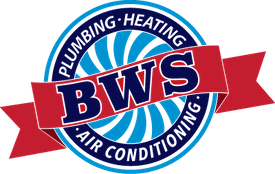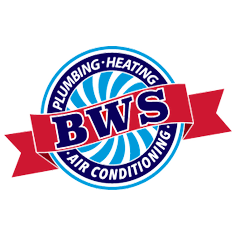If you’ve been having trouble with your heater and it has stopped blowing hot air, then you’ve come to the right place: This article has three simple reasons (and fixes) for why your heater might suddenly start blowing cold air, or stop working at all.
It’s a common heater problem, and a lot of people will throw away the entire heater when this happens, but there’s no reason to. It’s a problem that you can easily fix at home.
Here are three reasons why your heater might be malfunctioning and what you can do to fix it.
Dust Inside
This is a common problem with almost all types of electrical appliances over time, and doesn’t just happen to heaters.
If your heater is particularly old, or you have had it standing in a particularly dusty area for a long time, you can easily collect all sorts of dust bunnies inside your heater that’ll stop it from working.
This one is luckily one of the easiest problems to fix on this list. If you suspect that dust inside your heater is causing the issue, simply plug out the heater, open it up and clean out all of the dust with a non-static brush – think of a makeup brush.
Again, fire her up and you should be good as new.
Issues with the Thermostat
Most issues will simply cause a heater to stop working entirely, though sometimes a heater will suddenly start to be a “cooler” instead and start blowing cold air. If it’s blowing cold air (and sometimes if it stops working entirely) it could be your thermostat.
If it’s the thermostat, then a few things could fix it. Fist, clean up the thermostat as it could still be dust. The thermostat might also be running of separate batteries that need to be replaced or charged.
Still happening? Open up the heater and look for a little metal lever called the “anticipator” and move this between the short and long settings and see if this fixes the problem.
Troubleshooting Carefully
You should always be careful when you are troubleshooting your own electrical appliances, though it’s amazing what you can learn about welding and wires from a few YouTube videos.
Always approach repairs (especially electrical repairs) with extreme caution. Ensure that the device you want to work on is plugged out before you do, and remember that many electrical appliances can keep a charge loaded even when plugged out. This is especially true for microwaves, fridges and televisions!
And, if you aren’t comfortable with trying the DIY approach, it’s always a good idea to contact a local HVAC technician.


